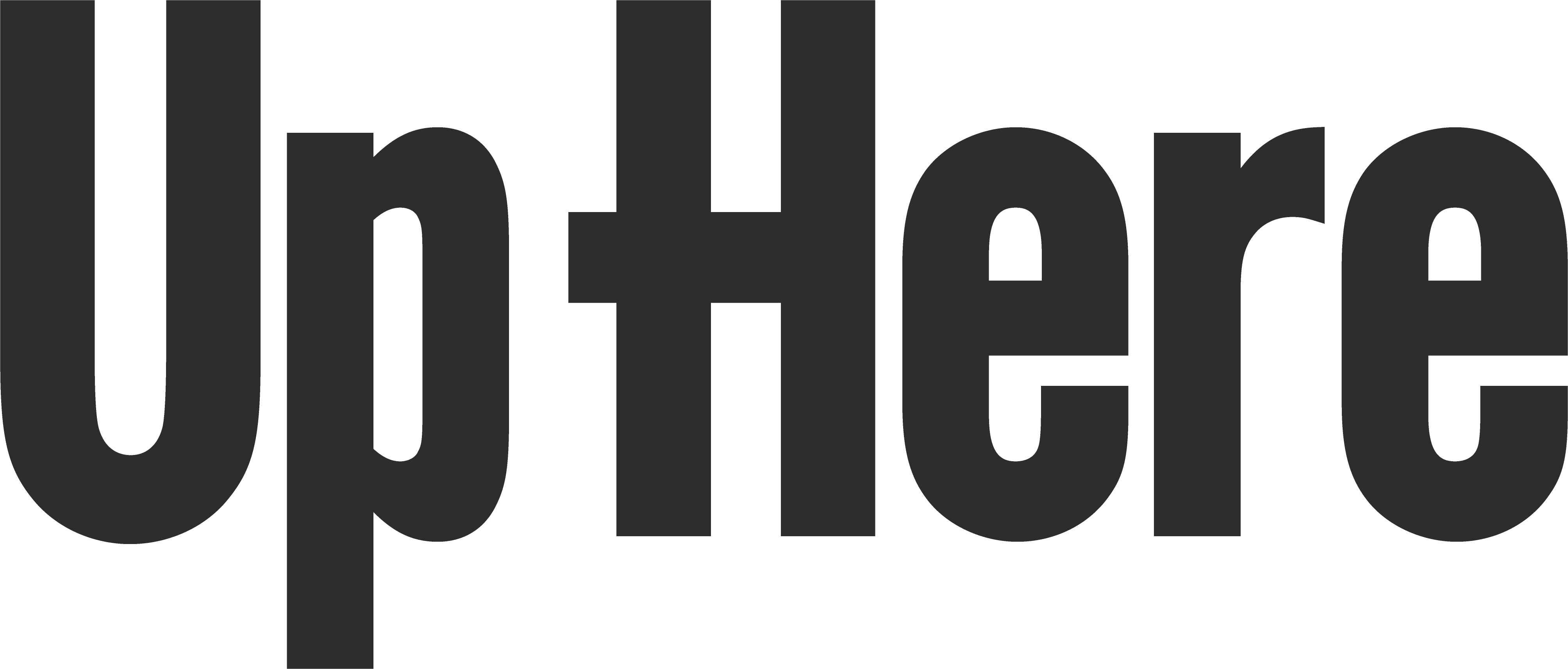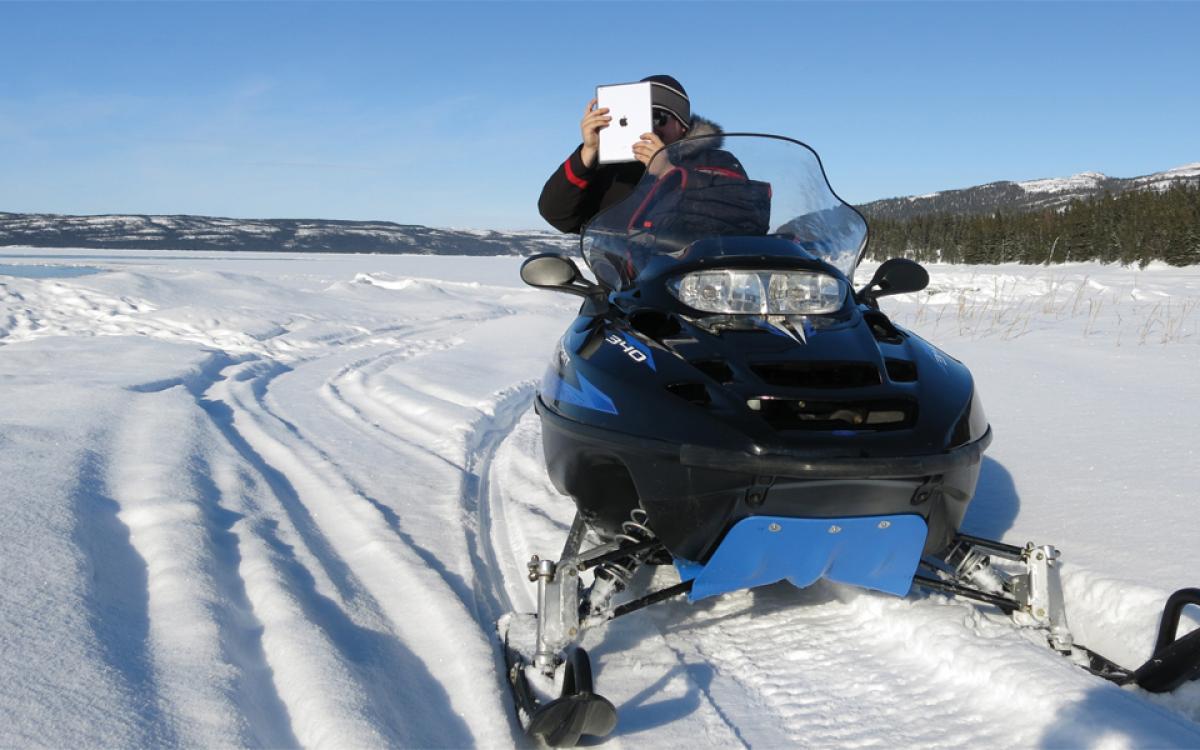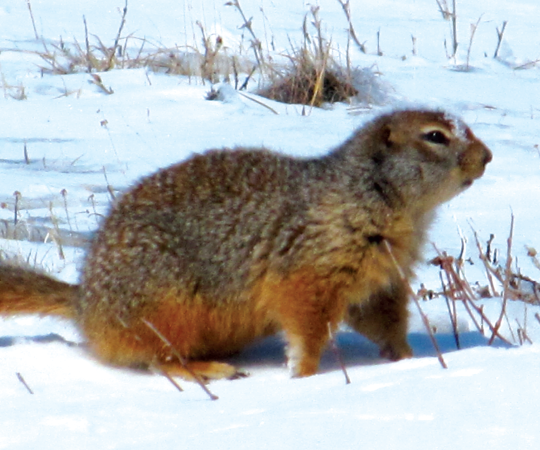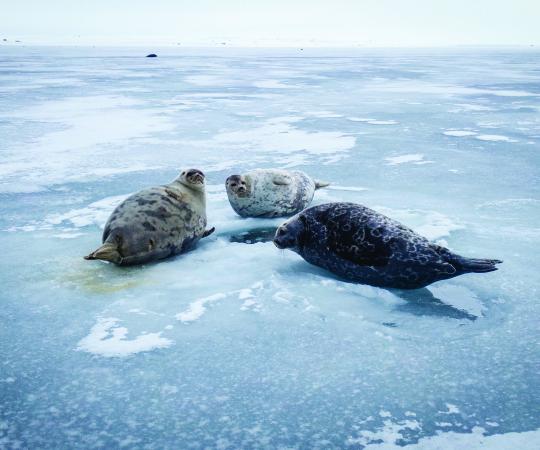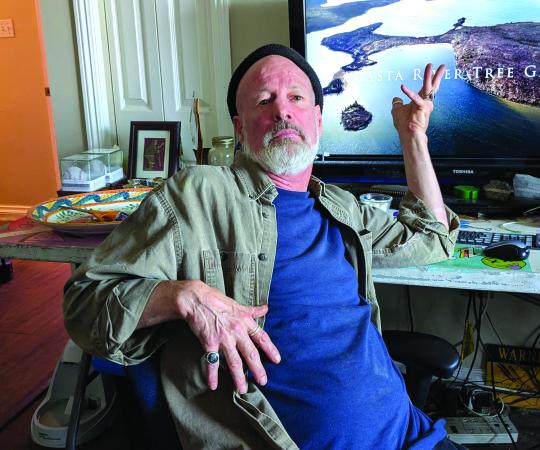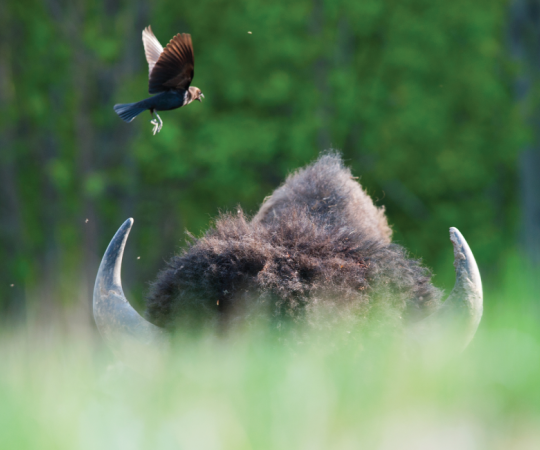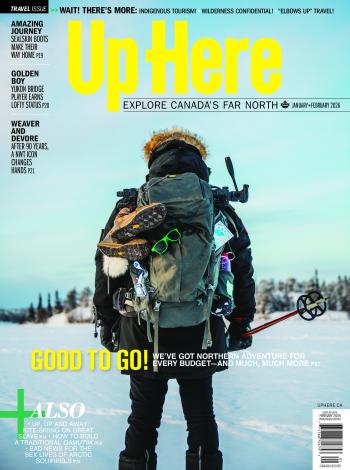The effects of climate change are not always as obvious as rising sea levels or droughts; in Canada’s North, there is also a physical and mental toll on people. “On the surface, something like being unable to go to the cabin due to poor ice conditions doesn’t seem like much of an impact,” says Charlie Flowers, an Inuk from Rigolet, Nunatsiavut, “but getting out on the land is a form of stress relief for many people in our community.” His town of 300 people, the southernmost Inuit community in the world, will be charting the effects of climate change on physical and mental health in a community-led research project, called "InukNet" starting this August.
Run by the Nunatsiavut government, InukNet is an app that integrates Inuit traditions of storytelling to allow community members to track, map and record changes on the land on an mobile app. Those changes will be the basis for a study being carried out by Sherilee Harper from the University of Guelph and Ashlee Cunsolo Willox from Cape Breton University. “Who better to monitor [climate change] than the people living on the front lines and those most impacted by it?” says Flowers.
"We don’t want another program, we want something that’s part of our lives.”
About one third of Rigolet’s households, 35 in total, have signed up to be part of the pilot program. With shiny new iPods in hand, they’re expected to take photos, shoot video and jot down notes on things like ice and trail conditions, plants and animals they encounter, and how they feel while out on the land. Willox says the people of Rigolet were already dialed in to social media, so InukNet is just building on those habits. “One of the things that really stuck out is at the beginning, one of the community leaders said, ‘We don’t want another program, we want something that’s part of our lives’,” she says. So, the computer scientists behind the app have held a series of open houses. Youth and elders, men and women, tech-savvy and less-so, got the chance to give feedback on the new app in town. After it launches, it’ll allow for near real-time monitoring and a better healthcare response system. Harper gives frostbite as an example: if more people are reporting it through the app, then the public health unit would focus on frostbite prevention and treatment.
So why Rigolet? Harper says the community has made a name for itself in conducting its own community-based research. From 2009 to 2011 it hosted a program sponsored by Health Canada, documenting some of the same subject matter that InukNet hopes to examine. After it was finished, the local government took it over and kept it alive. Harper says the community is entirely on board. “They’re the ones that are driving this,” she says. “The program really does belong to them.” If the project is successful, the Nunatsiavut government is thinking of using a similar model to conduct its own local census. For Flowers, InukNet is a step in the right direction. “It’s important to have the input of the scientific community, but it’s just as important to get real-time input from those of us living in the most affected regions.”
